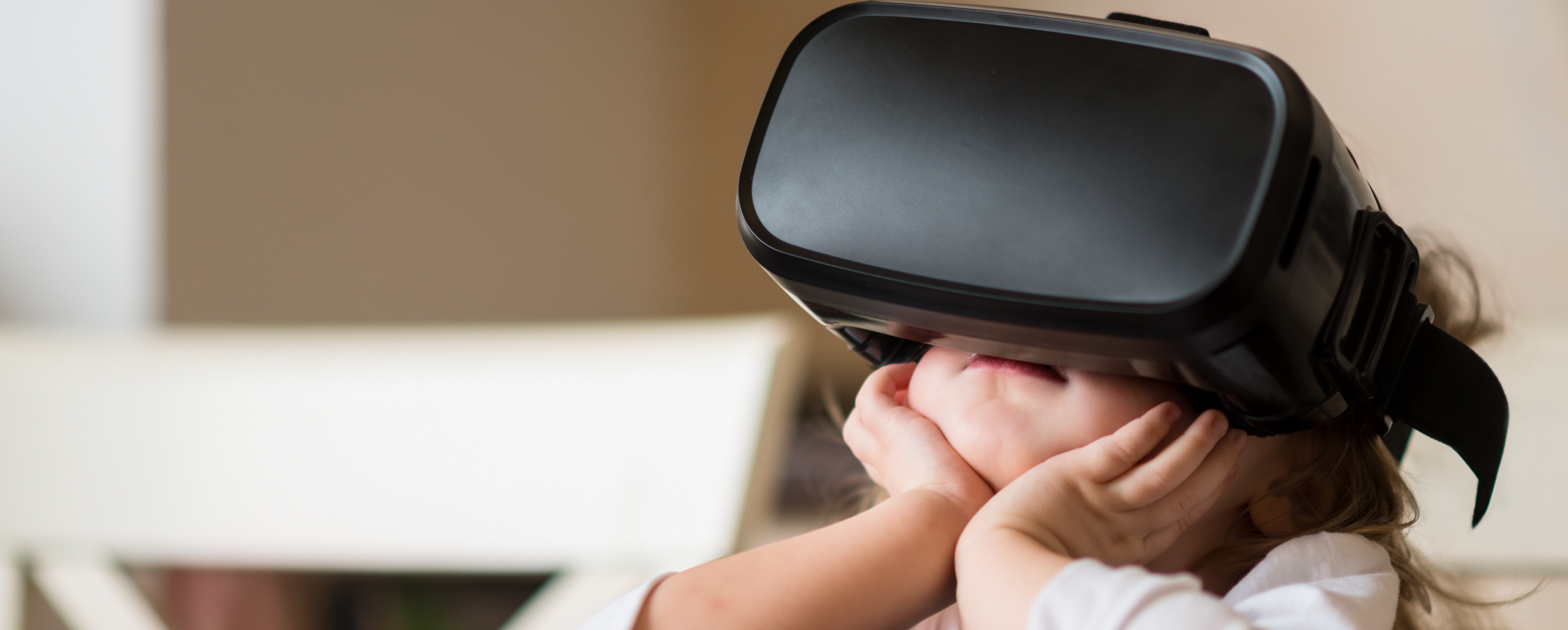

1 May 2019
Virtual Reality: The Future of Medical Rehabilitation
Virtual reality (VR) transformed the gaming industry, immersing its players in fantasy worlds. However, recent years has seen VR making its way into medical rehabilitation, treating individuals with a variety of issues, including phobias and physical disabilities.
The link between virtual reality and pain relief
Amputees often report severe pain in their missing limbs. However, there is sufficient scientific evidence that VR can help relieve this pain. A technique called virtual mirror therapy, which involves putting on a VR headset and controlling a virtual version of the absent limb, seems to help some patients cope better with this phantom pain. This is because the parts of the brain which are linked to pain – the somatosensory cortex and the insula – are less active when a patient is immersed in virtual reality.
Virtual reality used in physical therapy
As virtual reality tracks body movements, it is used in physical therapy to allow patients to track the movements of their therapy exercises as interactions in a VR game – e.g. throwing a ball. Patients have found it more enjoyable to complete exercises in virtual reality than at a gym which has made more individuals motivated to exercise.
For patients who are anxious about walking, healthcare professionals are able to control the patient’s virtual environment so it looks like they are moving much slower than they actually are. When this happens, patients naturally speed up their walking but don’t realise they are, so it isn’t associated with pain or anxiety.
How virtual reality can treat brain trauma
Patients who have suffered from a brain trauma or illness, such as a stroke, often struggle with everyday tasks like shopping or cleaning. For these kinds of cases, medical rehabilitation is required. These everyday tasks can be recreated in virtual reality, allowing patients to practise them at different levels of complexity. This treatment can speed up recovery and help patients regain a higher level of cognitive function.
VR can also be used as an assessment tool for doctors to observe patients carrying out a variety of real-world complex tasks and identifying areas of memory loss, reduced attention or difficulty with decision-making.
Medical rehabilitation at Speed Medical
Speed Medical proudly stands at the forefront of the industry, investing in the latest technologies to streamline our processes and deliver service excellence. For over 21 years, we have been facilitating a full suite of medical rehabilitation services, offering the ideal combination of industry experts and state-of-the-art technology to ensure your clients receive the vital treatment they need to achieve optimum recovery. To learn more about our medical rehabilitation services, please click here.




